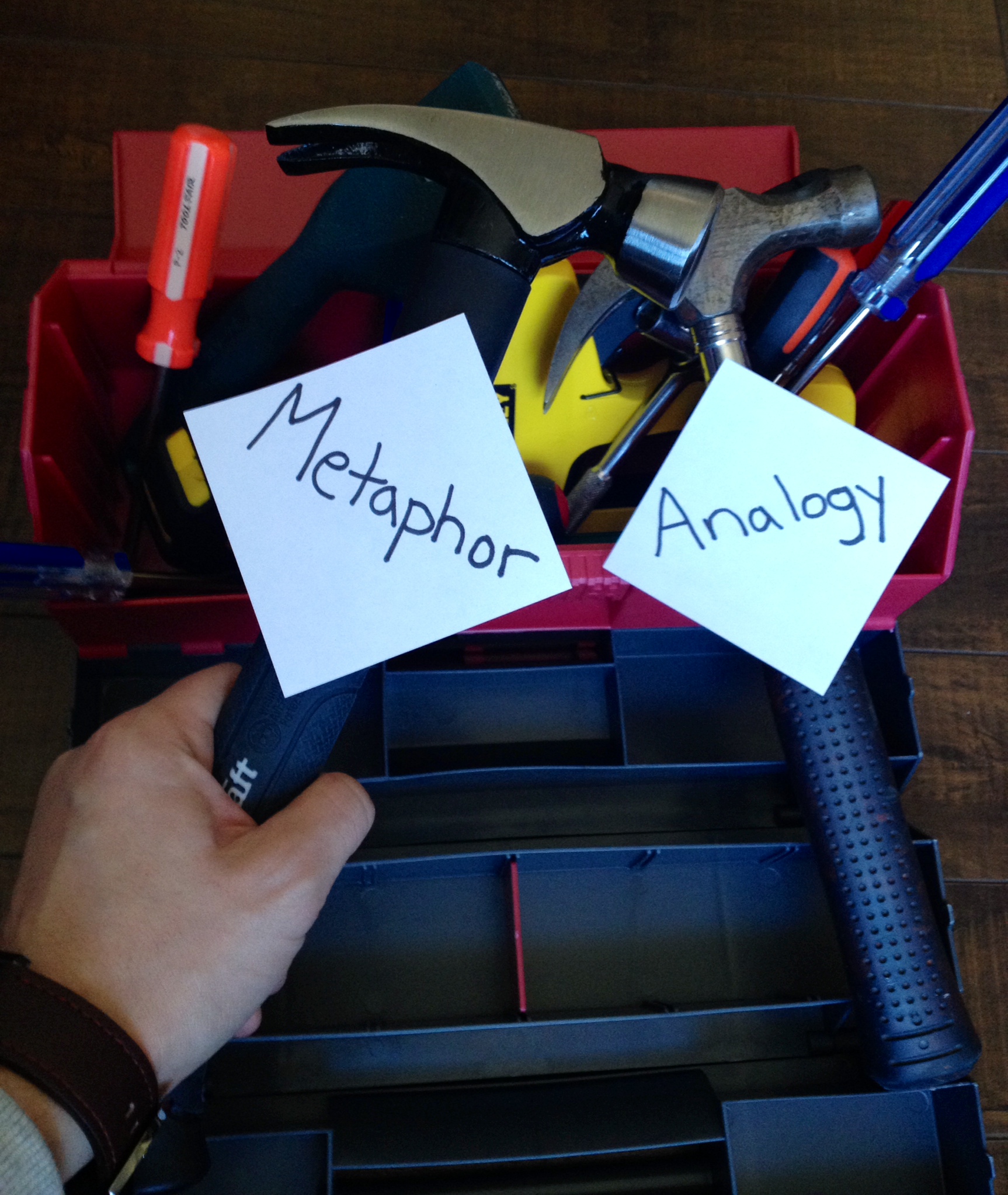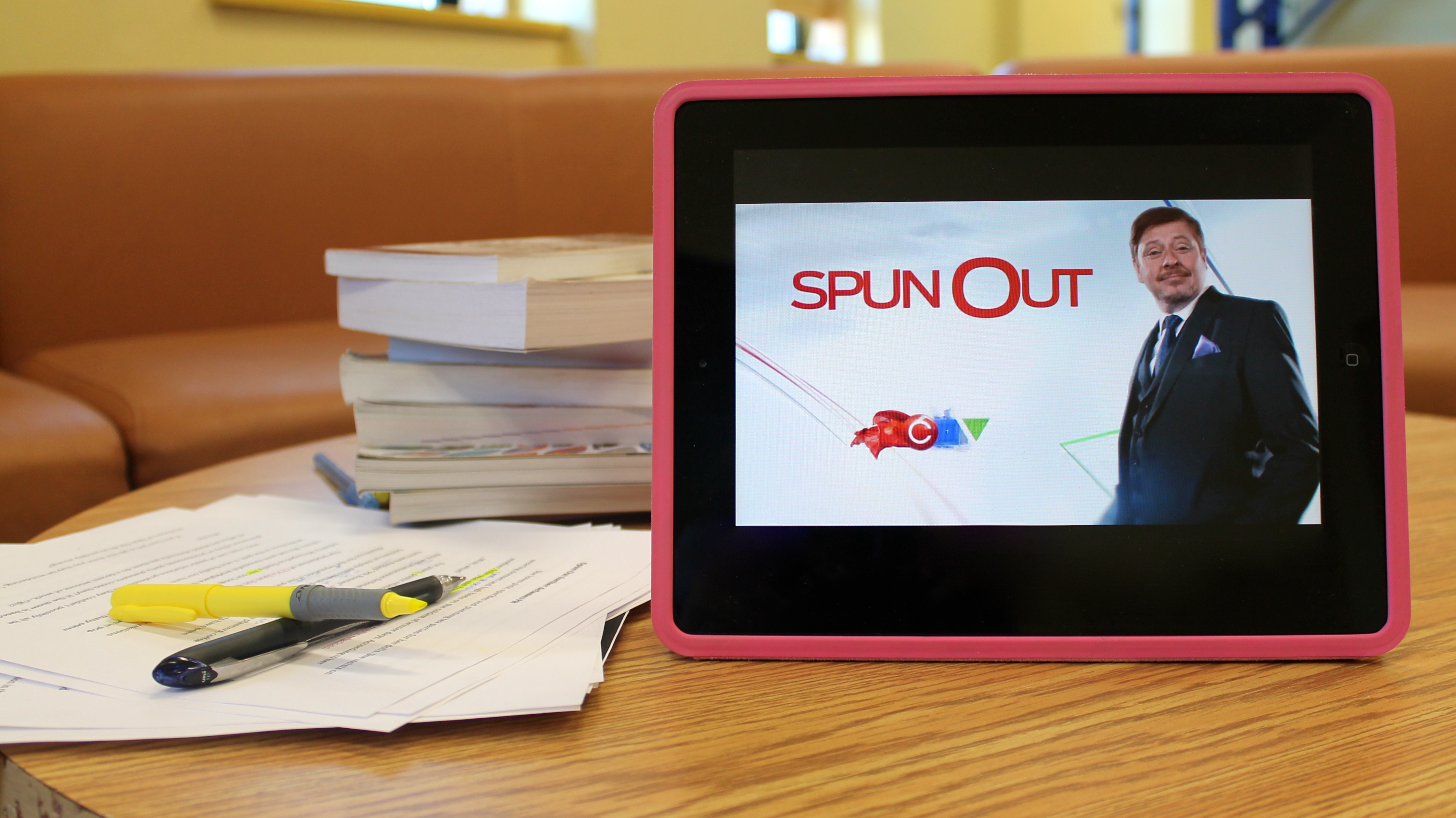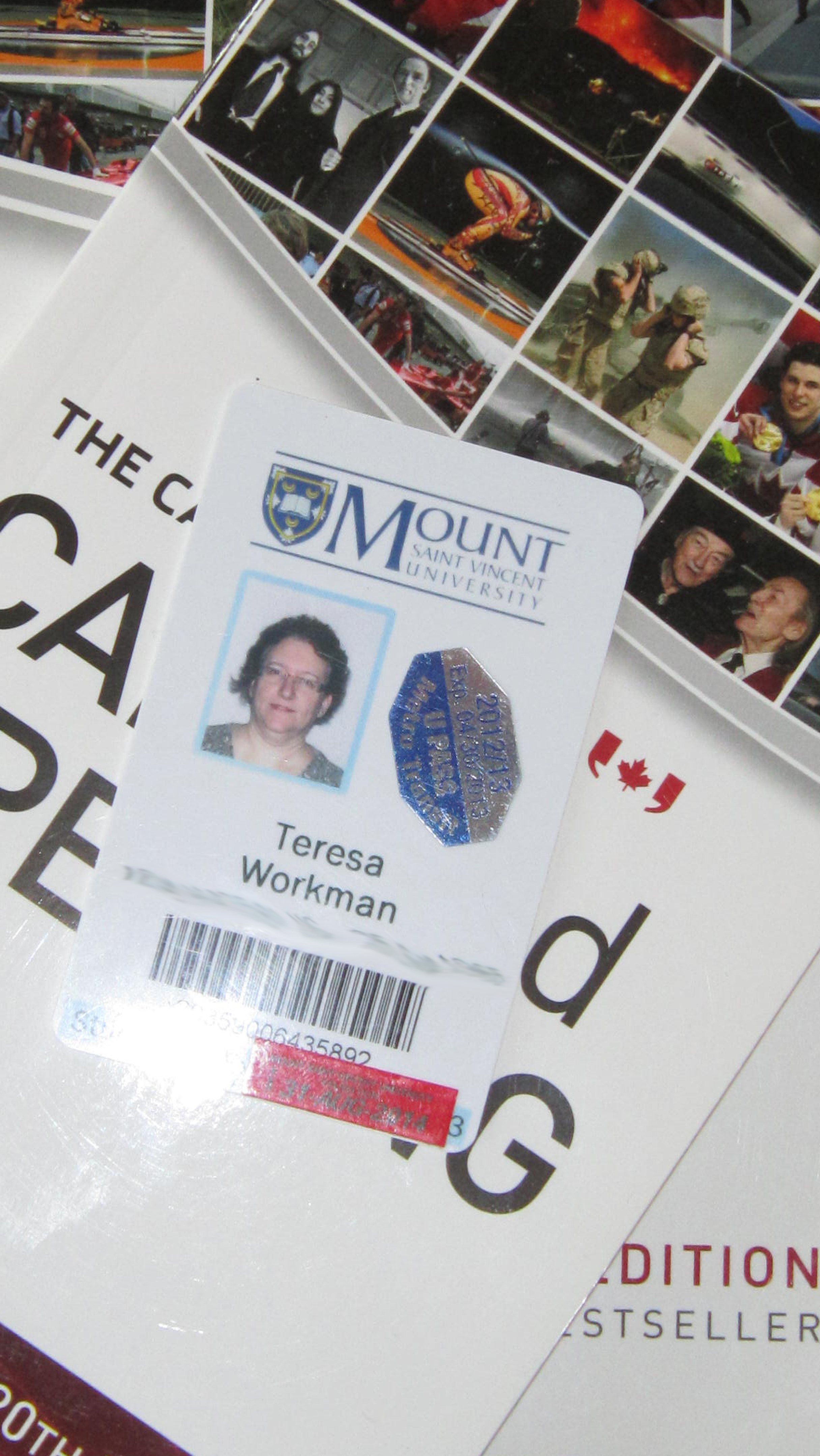Tim Dunne
The accusations are many and the opinions frequently negative. Writers like Stuart Ewen in his book, PR! A Social History of Spin, and assorted reporters, editors and columnists proclaim their dislike for public relations. Few professions are more maligned than ours, yet there are few professions with more people who have adopted a more demanding set of values.
Over my 40 years in public relations I have been honoured to meet colleagues who have lived both personal and professional lives according to stringent “value sets,” the collection of values that delineates how they conduct themselves.
None of these people are famous within PR or outside its occupational boundaries. But, each believes that this profession, one that is alternately called public relations, public affairs, and communications, is important; that its work is necessary; and that its practitioners need to be, above all, ethical. Their value set governs how they conduct their work and their lives.
In looking at these people who are friends, colleagues and professional leaders there is a series of ethics, morals, priorities, and perspectives that govern how they interact with the people and the world around them. I have distilled this into what I call “I7”, the seven values that comprise the value set of these practitioners.
Integrity: This double-barrelled concept implies an individual that is honest, ethical, fair and trustworthy, recognized as an individual whose promise is a firm commitment. However, this value has a second, equally demanding, meaning, that of being whole and undivided. Within the profession, this implies that the practitioner has maintained the highest standard of practice. S/he has studied the increments of, and kept pace with developments that impact on the profession. This bestows on the client, employer and beneficiary a service that is current and incorporates the latest developments in the art and science of communication.
Imagination: Planning, both tactical and strategic, requires the capability of forming a concept of what the project will resemble on completion, or when it has reached its “endstate”. Imagination gives the practitioner the capability to visualise the enhancements and the additions to the project that will improve its delivery and results. This brings into play the attribute of “creativity”, the ability to develop new ideas and fresh approaches that come only from constant reading and development of perceptions from the efforts of others within this profession and in related communities.
Intuition: Often recognized as a “gut instinct” or “second sight”, intuition enables the development of perceptions and interpretations without the use of conscious reasoning. For the professional practitioner, intuition is the development of opinions and concepts that arise from past experiences, activities and accumulated knowledge. While we should avoid decisions made solely on the basis of our intuition, this “sixth sense” can provide us an indication of where our better judgment may take us.
Insight gives the understanding of the motives and motivations behind another person’s or organization’s activities, policies, plans and programs. This is an essential component to the analysis that a practitioner does for assessment and evaluation of news content, and business plans, programs, policies and activities of other groups.
Ideology is the body of conscious and unconscious concepts, beliefs, and doctrines that comprise one’s expectations and goals. It provides the framework of ideas and beliefs that form an individual’s a perspectives through which the person, group or culture watches and interprets the actions and reactions of other individuals, groups or entities.
Initiative is the ability to assess need and undertake activity independently. This taps into a person’s self-motivation and personal resourcefulness to take charge of situations or circumstances that need to be completed or accomplished without waiting for someone else to direct it.
Intellect is the personal faculty to objectively reason and understand what needs to be done; to draw conclusions about what is accurate and necessary; to solve problems and make decisions. This is the one personal resource that calls into use all of the other values to develop communication plans and strategies, to implement them, assess the progress and evaluate success after completion.
Public relations practitioners, like all other professionals, need a touchstone, a means of evaluating the utility and value of the services they contribute to their organizations, clients, employers and colleagues.
There are the formal rudiments of the public relations profession that aspire to generate educated and favourable opinion for those whom we serve. And, there is a more fundamental series of attributes that are necessary for the practitioner to effectively meet the imperatives of her or his profession, to engender the trust and confidence of the recipients of our services.
That can only happen when we are seen to operate from a value set that is unimpeachable and causes, in the words of Robert Browning, our reach to exceed our grasp, “or what’s a heaven for?”
-30-





